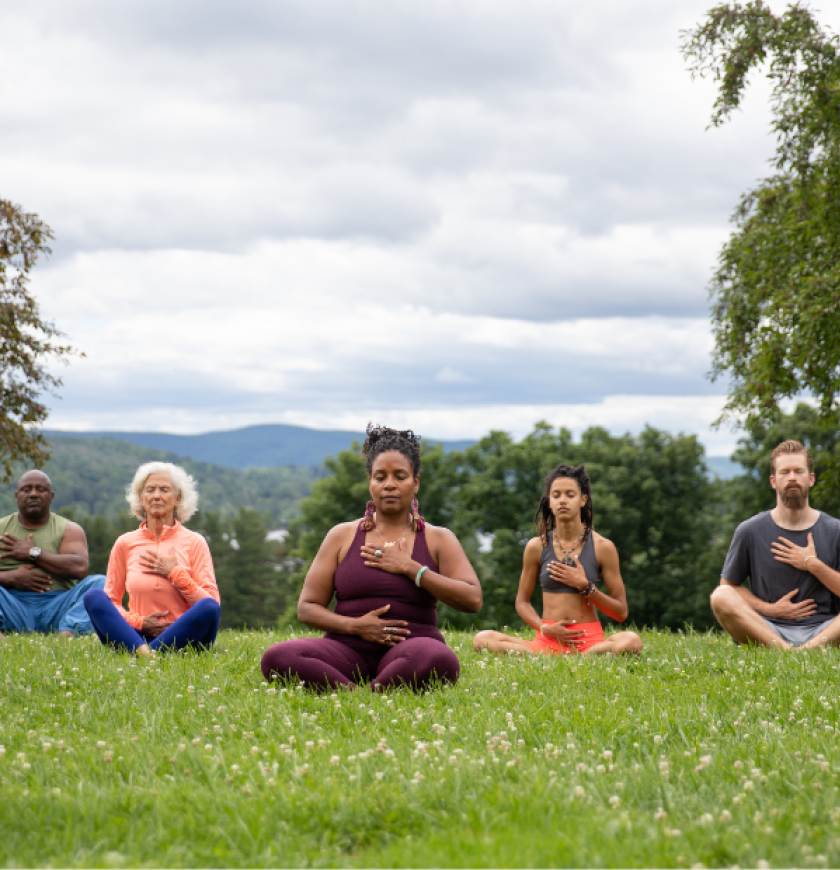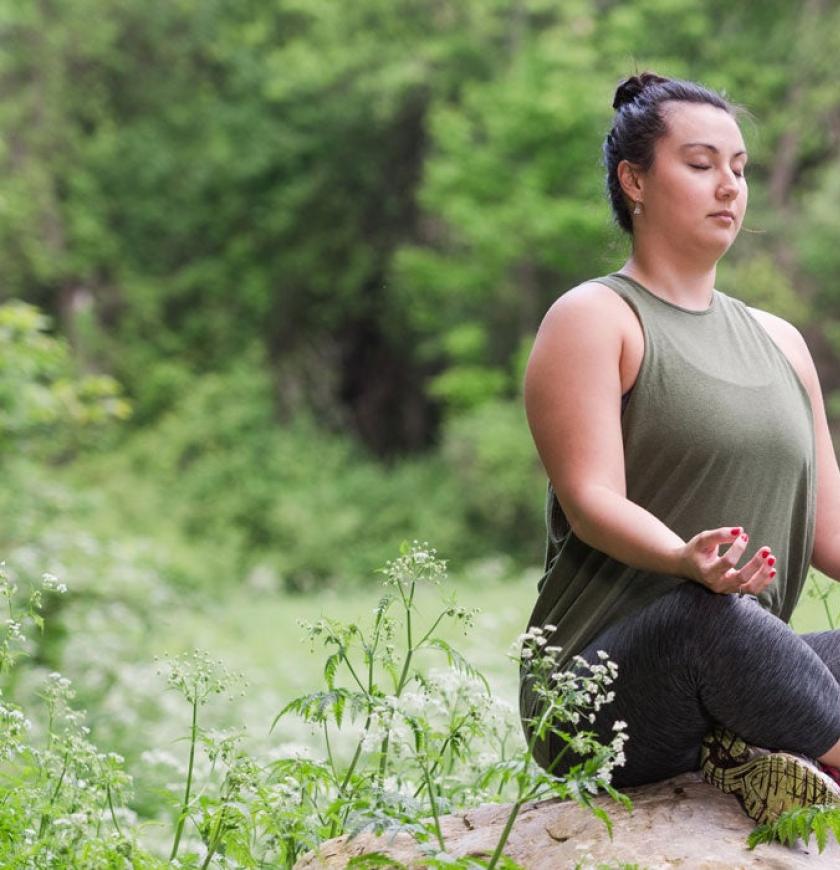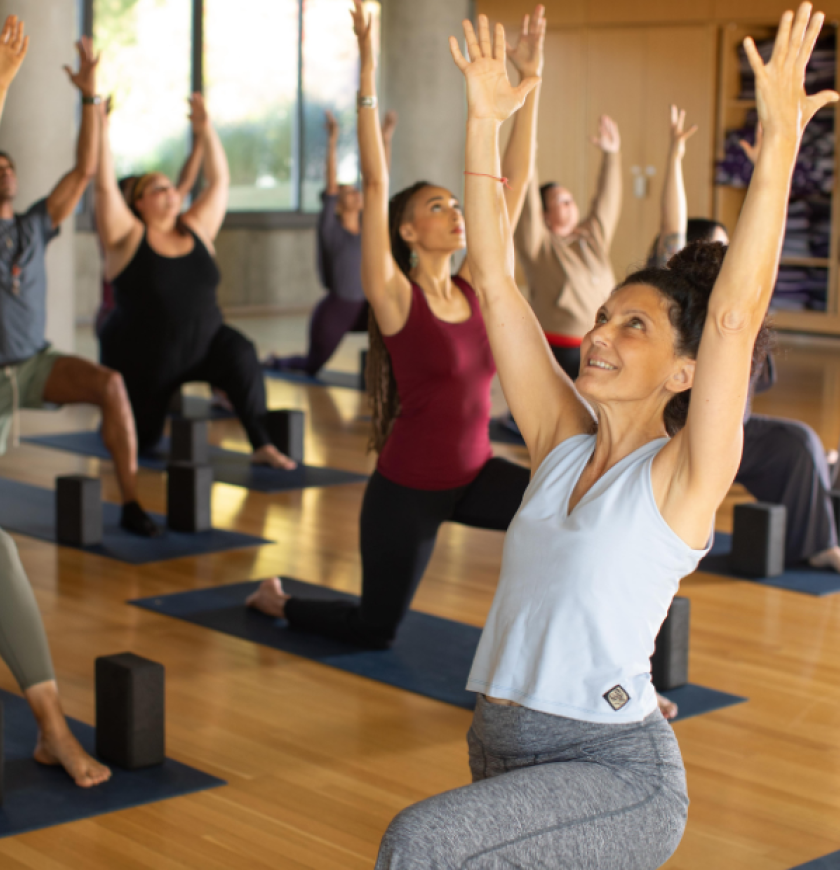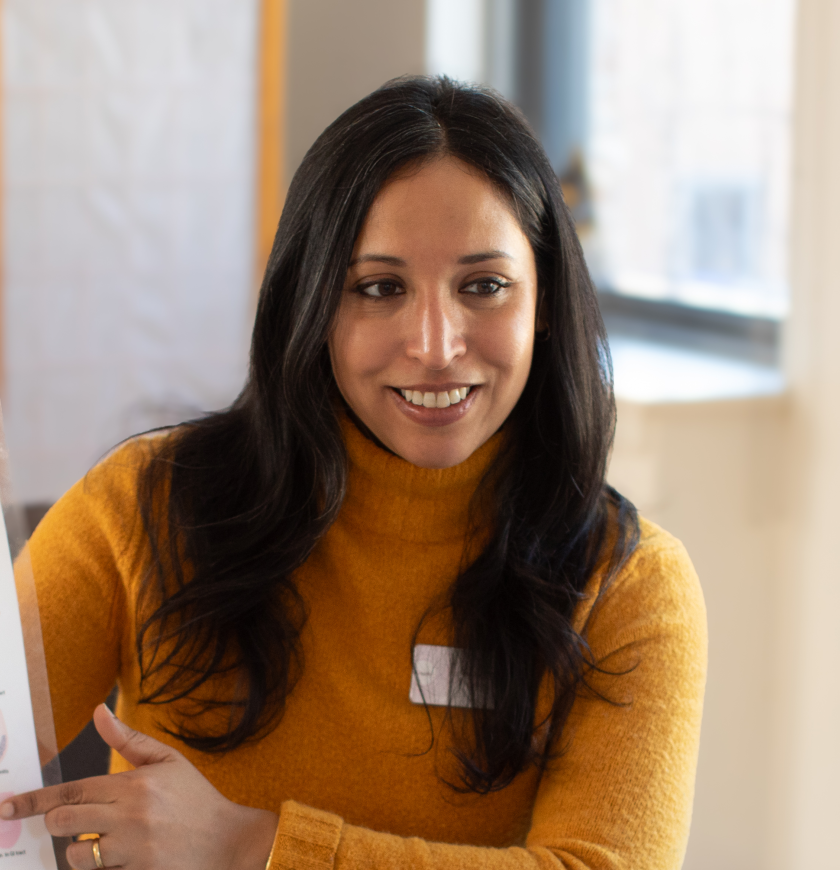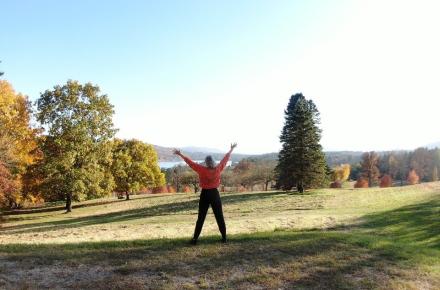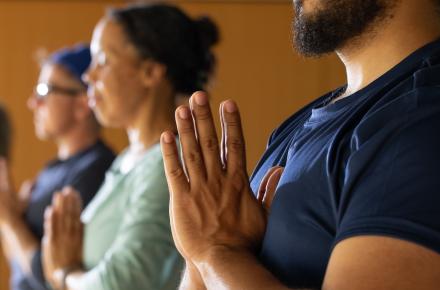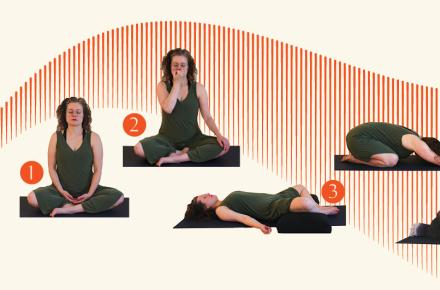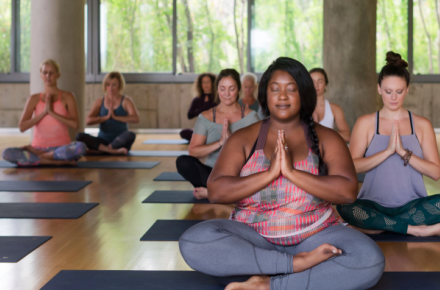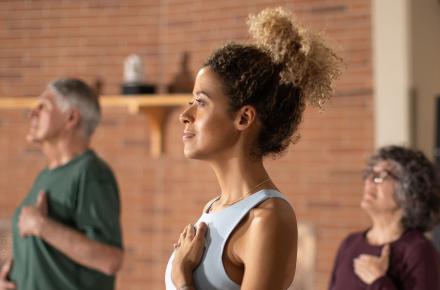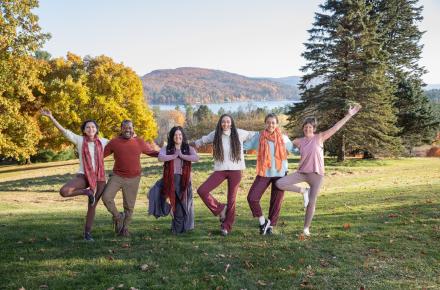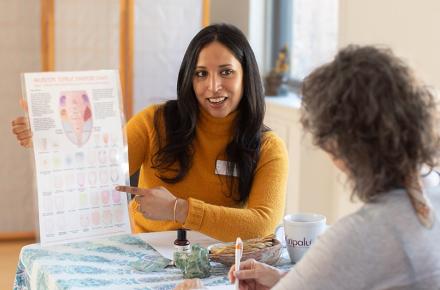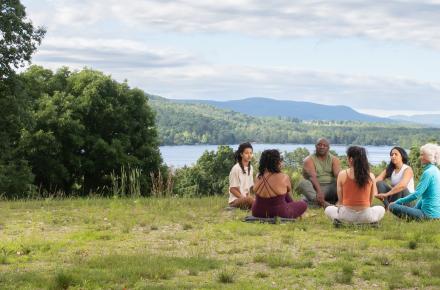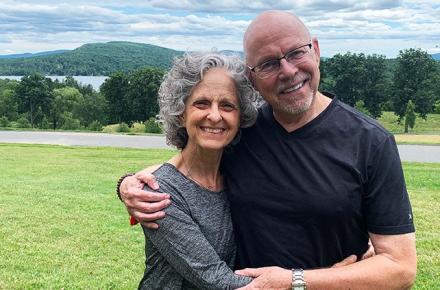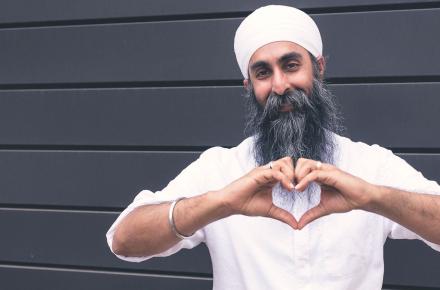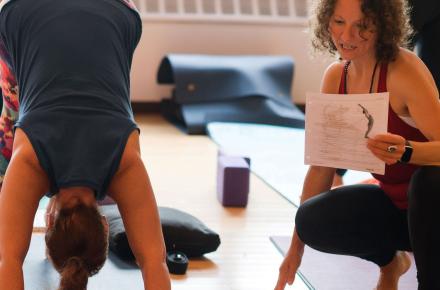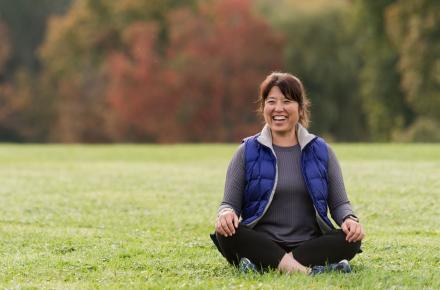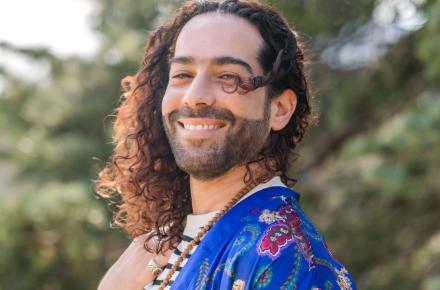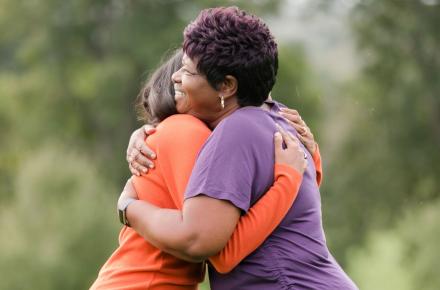The Human Touch: The Wisdom of Desikachar on Yoga Therapy


When asked about the main difference between his approach and that of a physician, yoga scholar T. K. V. Desikachar said, “For anybody, whatever their type of suffering may be, there must be a human touch. I am dealing with a personality, a human being—not with sheaves of paper. I want to look at the person, not the X-ray, not the lab tests, etc. The fact that I look at them, I see them, I take the pulse—these things make such a difference to the person. I think it is this human touch that may be receding to the background in this great specialization of modern times. I hope it will come back.”
After establishing the Krishnamacharya Yoga Mandiram in 1976, Desikachar began to oversee the training of other yoga therapists. For many years, he continued to conduct the initial intake of new patients and assign each to an appropriate teacher. Of this process, he conceded that the most difficult decision wasn’t what to teach, but who would do the teaching: Who among the teachers he trained would fit best with this person? He knew that the initial protocols he suggested to the teachers were less significant than how those practices would change as the teacher’s and student’s relationship evolved.
Out of respect for the individual nature of yoga therapy, Desikachar never proposed standardized treatments for specific conditions. “It is not possible for me to say that we have specific solutions for specific conditions,” Desikachar said. “I wish it was, because it would be easier, but the more we see people, the more we have to adapt. For asthma or diabetes, sometimes the same treatment works for both diagnoses. But sometimes, for two different people with the same type of problem, different courses must be given. What is important is the relationship between the teacher and the student.”
Desikachar never wavered in his defense of the individual nature of yoga instruction. His example continues to be an inspiration to me and to countless other therapists, teachers, and students across the globe. Over the course of nearly four decades in this field, and thousands of hours spent practicing what Desikachar taught me, I’ve established the following set of principles that guide me as I help my clients.
1. As yoga educators or therapists, we do not treat conditions, we educate people. Our clients have most likely already seen healthcare professionals whose approach focuses on their conditions. Therefore, the yoga therapist’s focus should be on what’s still going right with a person, not on what has gone wrong. Even on the most pain-filled day of a person’s life, there are untold billions of unimpeded life processes happening within them. This is the biological basis of the concept of prana. As long as there’s prana, there can be healing.
2. If a person is breathing, can move their body, and can focus their attention, they can practice yoga. Clients will derive the maximum benefit from the simplest things we teach them, not the most complex. The simplest practices involve learning how to move and breathe at the same time—integrating body, breath, and mind.
3. When someone learns a new way of breathing and moving, they are by definition unlearning their old ways of breathing and moving. The benefits of yoga do not arise only after the practices are mastered, but all along the path of learning, as old habits are uncovered and released. I’m always reminding my students that yoga is not about doing the poses—it’s about undoing what’s in the way of the poses.
4. Even a tiny bit of change in something a client does a lot of adds up to a tremendous amount of change. That is one the reasons yoga therapists pay attention to improving a client’s breathing, standing, and walking habits.
5. Engaging a client in an inquiry is far more empowering than administering a correction or a “fix.” It is important to remember that a therapeutic approach to yoga is not the same as physical therapy that employs yoga postures. The best yoga educators encourage an atmosphere of learning and self-inquiry, as opposed to merely offering mechanical techniques. We try to make our students self-aware and self-sufficient, and ourselves obsolete as quickly as possible.
Find out about a special program at Kripalu honoring the legacy of T. K. V. Desikachar.
